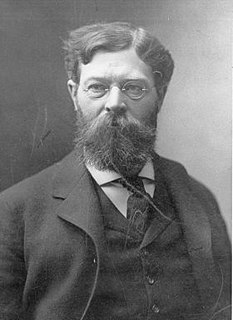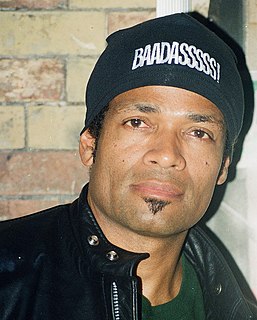A Quote by William Bernbach
In this very real world, good doesn't drive out evil. Evil doesn't drive out good. But the energetic displaces the passive.
Related Quotes
This is a world of good and evil. Wherever there is good, evil follows, but beyond and behind all these manifestations, all these contradictions, the Vedanta finds out that Unity. It says, "Give up what is evil and give up what is good." What remains then? Behind good and evil stands something which is yours, the real you, beyond every evil, and beyond every good too, and it is that which is manifesting itself as good and bad. Know that first, and then and then alone you will be a true optimist, and not before; for then you will be able to control everything.
In the story of the Creation we read: ". . . And behold, it was very good." But, in the passage where Moses reproves Israel, the verse says: "See, I have set before thee this day life and good, and death and evil." Where did the evil come from? Evil too is good. It is the lowest rung of perfect goodness. If you do good deeds, even evil will become good; but if you sin, evil will really become evil.
When one has once accepted and absorbed Evil, it no longer demands the unfitness of the means. The ulterior motives with which youabsorb and assimilate Evil are not your own but those of Evil.... Evil is whatever distracts. Evil knows of the Good, but Good does not know of Evil. Knowledge of oneself is something only Evil has. One means that Evil has is the dialogue.... One cannot pay Evil in installments--and one always keeps on trying to.
The world we live in is a world of mingled good and evil. Whether it is chiefly good or chiefly bad depends on how we take it. To look at the world in such a way as to emphasize the evil is the art of pessimism. To look at it in such a way as to bring out the good, and throw the evil into the background, is the art of optimism. The facts are the same in either case. It is simply a question of perspective and emphasis.
The nations of the Middle East will have to decide what kind of future they want for themselves for their country and, frankly, for their families and for their children. It's a choice between two futures, and it is a choice America cannot make for you. A better future is only possible if your nations drive out the terrorists and drive out the extremists. Drive them out. Drive them out of your places of worship. Drive them out of your communities. Drive them out of your Holy Land. And drive them out of this earth.
When anything is in the presence of evil, but is not as yet evil, the presence of good arouses the desire of good in that thing; but the presence of evil, which makes a thing evil, takes away the desire and friendship of the good; for that which was once both good and evil has now become evil only, and the good has no friendship with evil.
In this world, there is no absolute good, no absolute evil," the man said. "Good and evil are not fixed, stable entities, but are continually trading places. A good may be transformed into an evil in the next second. And vice versa. Such was the way of the world that Dostoevsky depicted in The Brothers Karamazov. The most important thing is to maintain the balance between the constantly moving good and evil. If you lean too much in either direction, it becomes difficult to maintain actual morals. Indeed, balance itself is the good.



































